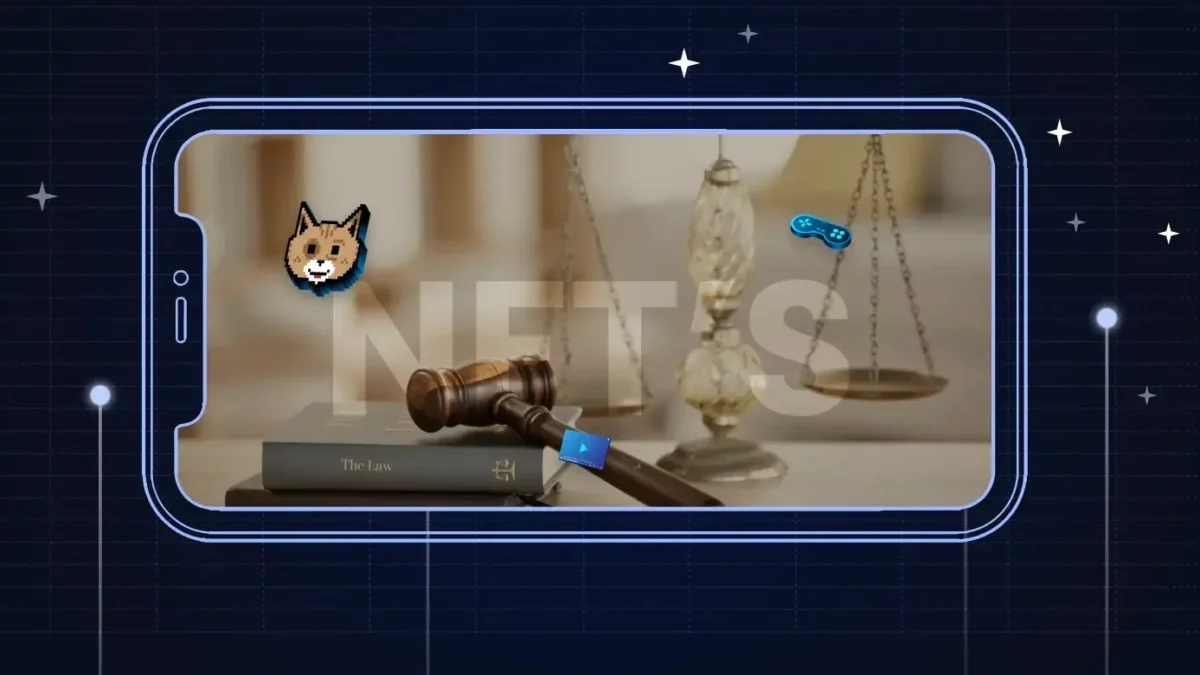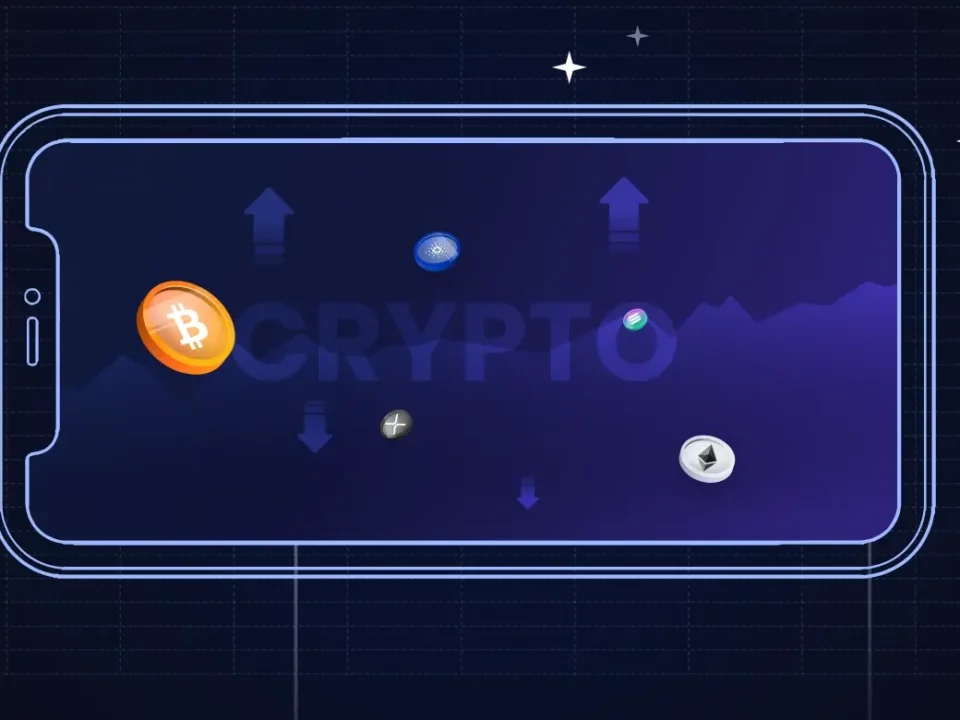Table of Contents
ToggleKey Takeaways
- NFTs in India: Legal uncertainties amid dwindling market interest.
- Legal pitfalls: From quick gains to debates on intrinsic value.
- Caveat emptor in NFT trade: Risks and legal intricacies.
- India’s NFT landscape: Contract law, rights, and lingering questions.
In recent years, Non-Fungible Tokens (NFTs) have taken the digital world by storm, revolutionizing the way we perceive and trade digital assets. As unique cryptographic tokens representing ownership of digital or physical items, NFTs have opened up new avenues for artists, musicians, and creators to monetize their work in the digital realm. However, with innovation comes challenges, and the NFT space is no exception. In this blog, we’ll delve into the world of NFTs, exploring their definition, the associated risks and opportunities, legal implications, and strategies for mitigating legal risks.
What are NFTs?
Non-fungible tokens (NFTs) are unique digital assets that represent ownership or proof of authenticity of a specific item or piece of content using blockchain technology. Unlike crypto assets such as Bitcoin or Ethereum, which are fungible and can be exchanged on a one-to-one basis, each NFT has distinct characteristics that make it different from any other token.
Key features of NFTs:
- Uniqueness: Each NFT is one-of-a-kind, with specific attributes distinguishing it from others. This is vital for representing digital art, collectibles, or virtual real estate.
- Blockchain Technology: NFTs leverage blockchain, commonly Ethereum’s ERC-721 standard, for decentralized and transparent recording of ownership, transactions, and history. Other blockchains like Binance Smart Chain and Flow also support NFTs.
- Indivisibility: NFTs are indivisible, unlike crypto. They cannot be split into smaller units, ensuring ownership transfer as a complete entity.
- Interoperability: NFTs can be traded across various platforms using the same blockchain standard. This global interoperability expands the market for digital assets and benefits creators by reaching a broader audience.
- Smart Contracts: Utilizing smart contracts, NFT creation and transfer processes are automated. These contracts, coded agreements, streamline tasks such as verifying ownership and facilitating creator royalties on secondary sales.
NFTs have gained widespread popularity, particularly in the fields of digital art, music, virtual real estate, and gaming.
They offer creators a new way to monetize their work, allowing them to sell digital assets directly to a global audience without relying on traditional intermediaries. Collectors, in turn, gain ownership and proof of authenticity for unique digital items, contributing to the growing digital ownership economy.
Read More: How to Create an NFT for Free?
Implications of NFT Laws in India
The growing interest in NFTs as a unique asset class with diverse revenue potential has captivated creators and investors, but businesses need a cautious approach to navigate impending regulatory challenges. While NFT trading is linked with the broader crypto market, it faces legislative challenges across legal domains, requiring participants to address privacy concerns, security risks, copyright issues, intellectual property ownership, and AML compliance. Some of the noteworthy legal implications for NFTs are as follows:
General Law:
Crypto’s legality debate heightened in India in June 2018 when the RBI advised banks against dealing in cryptos. The Supreme Court later overturned this directive, emphasizing the right to trade as a fundamental constitutional right.
Securities Law:
The legality of trading NFTs under the Securities Contract Regulation Act, 1956 (“SCRA”) is uncertain due to the absence of a formal legislative framework for NFTs. If NFTs are deemed derivatives under SCRA, trading on virtual platforms could be illegal.
Copyrights Act:
Upon NFT purchase, the buyer does not automatically obtain copyright to the underlying art. Section 19 of the Copyright Act mandates a written sale contract for explicit copyright assignment. Section 14 grants reproduction and distribution rights solely to the owner, requiring explicit transfer for the buyer to establish ownership.
Tax Regulations:
Tax treatment of NFTs depends on the underlying asset; digital art NFTs may be considered intangible assets for tax purposes. Virtual assets, including NFTs, are subject to a 30% government tax, potentially impacting market value. Cross-border NFT transactions pose new tax challenges, such as a 2% equalization fee on sales by offshore sellers to Indian buyers.
FEMA Regulations:
The classification of the underlying asset determines treatment under the Foreign Exchange Management Act (FEMA) and regulations. NFTs may be categorized as “intangible assets” under FEMA regulations, raising questions about their location due to global ledger support.
Collective Investment Schemes:
NFTs primarily facilitating asset retention, purchase, and sale may be classified as utility or exchange tokens. Issuance of NFTs qualifying as Collective Investment Scheme (CIS) units may require SEBI registration and a collective investment undertaking license
Additional Read: Guide to Crypto Tax in India
7 Legal Challenges Associated with NFTs
The ongoing popularity of Non-Fungible Tokens (NFTs) comes with its own set of legal risks that participants in the NFT market should be aware of. These risks span various areas, including intellectual property, contractual agreements, regulatory compliance, and more. Here’s an overview of the legal risks associated with NFTs:
- Copyright Infringement: Unauthorized tokenization of copyrighted content without proper licensing or ownership rights.
- Regulatory Compliance: Potential violations of existing securities laws, money laundering regulations, and taxation requirements.
- Intellectual Property Disputes: Disputes over the ownership and authenticity of digital assets, especially when tokenizing existing works without proper authorization.
- Privacy Concerns: Inadequate protection of personal information associated with NFT transactions, leading to privacy issues.
- Security Risks: NFT platforms and marketplaces may be vulnerable to hacking or unauthorized access, jeopardizing user assets.
- Contractual Ambiguities: Ambiguities or lack of clarity in the terms and conditions of NFT transactions, leading to disputes.
- Anti-Money Laundering (AML) Concerns: NFT transactions being exploited for money laundering activities due to their pseudonymous nature.
How to Mitigate Risks When Creating and Selling NFTs
| Challenges | Mitigation Strategy |
| Unauthorized tokenization of copyrighted content. | Establish clear licensing agreements, ensuring proper rights and permissions before tokenizing digital assets. Obtain written consent from copyright holders. |
| Smart contract vulnerabilities leading to ownership disputes. | Conduct thorough audits of smart contracts by experts to identify and rectify potential issues. Ensure that smart contracts accurately reflect the terms and rights associated with the NFT. |
| Potential violations of securities laws, money laundering regulations, and taxation requirements. | Seek legal counsel to navigate regulatory complexities and ensure compliance with applicable laws. Stay informed about evolving regulations in the NFT space. |
| Disputes over ownership and authenticity of digital assets. | Maintain clear documentation of ownership. Obtain and document necessary rights before tokenizing existing works. Leverage blockchain to establish and maintain transparent ownership records. |
| Inadequate protection of personal information associated with NFT transactions. | Implement privacy-focused measures. Adhere to data protection regulations and ensure secure handling of personal information associated with NFT transactions. |
| NFT platforms vulnerable to hacking or unauthorized access. | Implement robust security measures on NFT platforms. Utilize encryption, conduct regular security audits, and stay updated on the latest security practices to safeguard user data and assets. |
| Contractual ambiguities leading to disputes. | Draft clear and comprehensive contracts for NFT transactions. Specify ownership rights, usage permissions, and any associated royalties. Clearly outline the terms and conditions to avoid potential disputes. |
| NFT transactions exploited for money laundering activities. | Implement Anti-Money Laundering (AML) and Know Your Customer (KYC) procedures to ensure transparent and compliant transactions. Verify the identity of parties involved in transactions to prevent misuse. |
By incorporating these mitigation strategies, creators, sellers, and platforms can enhance the legal robustness of NFT transactions, fostering a secure and compliant environment for participants in the NFT ecosystem.
Learn More: Top 10 NFT Use Cases
NFT Regulatory Landscape: What Lies Ahead
While India lacks a dedicated legal framework for NFTs, they typically fall under contract law. The propect of quick returns from NFTs has waned, with diminishing interest among buyers and enthusiasts. Some Nobel laureates argue that crypto lack intrinsic value and liken NFTs to pyramid or Ponzi schemes. Consequently, the legality of tokenized artwork transactions is in question, encompassing issues like NFT holders’ rights, creator and holder liability, the application of intersecting laws, and the exhaustion of copyright holders’ rights post the initial sale.
The caveat emptor principle is particularly relevant in NFT transactions, emphasizing the need for users to be cognizant of the associated risks before engaging in digital transactions involving NFTs.
Related posts
Understanding the Different Types of Cryptos: Coins, Tokens, Altcoins & More Explained
Explore the major types of crypto assets and their unique roles.
Read more
PAWS Telegram Game: The New Tap to Earn Game That Is Beating Hamster Kombat
Discover how to play and earn with PAWS Telegram game.
Read more


